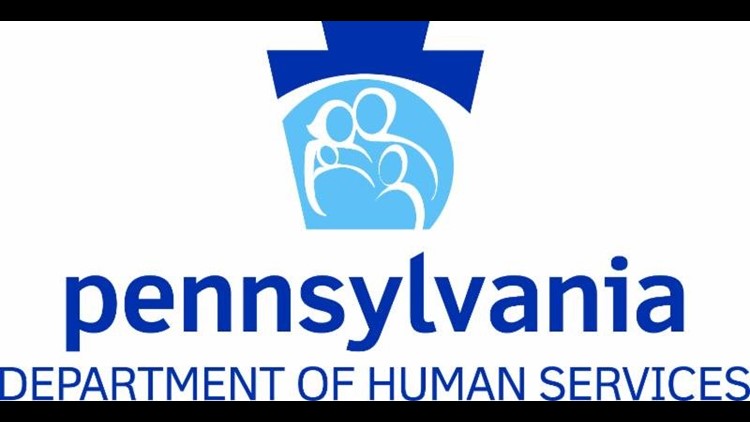DHS is committed to increasing access to high-quality services.
HARRISBURG, PA – The Wolf Administration today announced changes in family planning services in the commonwealth surrounding long-acting reversible contraception (LARC), which include the intrauterine device (IUD) and the birth control implant. These policy changes will improve public health, provide families with additional choice in their contraception selection, reduce unplanned pregnancies, and save taxpayer money.
“We are making changes to reduce hurdles to effective family planning options and optimize LARC usage,” said DHS Secretary Ted Dallas. “Pennsylvania is the latest of many states adopting a variety of payment policies to facilitate LARC usage.”
Beginning December 1, 2016, Pennsylvania’s Medicaid fee-for-service program will make payment for LARC devices to incentivize hospitals to stock and store them and eliminate the hurdle of high up-front costs of long-acting contraceptives.
Currently under Medicaid, hospitals received a bundled payment for labor and delivery services. Pennsylvania is implementing policies that now reimburse providers separately for the cost of the device when inserting an IUD or implants at the time of delivery, in addition to the bundled payments that hospitals receive for the delivery.
In addition, DHS is increasing certain Medical Assistance fee-for-service family planning rates for outpatient providers, including the insertion and removal of LARC, with the aim of reducing unplanned pregnancies and improving maternal and child health.
“This policy change, and the increased accessibility of LARC that will follow, should help to increase usage by six percent and help to prevent unintended pregnancies – saving millions in taxpayer dollars.”
Thirty-five percent of women do not attend their outpatient post-partum appointment, and over half of unplanned pregnancies occur within two years following delivery. It is more efficient for a woman who has just delivered a baby to have a LARC inserted while she is still at the hospital rather than wait until a post-partum visit several weeks later, which she may not attend.
LARC methods are highly effective in preventing pregnancy, last for several years, and are easy to use. If someone wants to become pregnant or stop using them, they can be removed at that time. LARC provide nearly complete protection against pregnancy for three to 10 years. This is in contrast to birth control pills, which are about 90 percent effective.
Additionally, the Department of Health (DOH) will provide training for physicians and health care practitioners through federal funding that will support expansion of LARC post-partum and as a pregnancy prevention practice.
“This is a public health issue that crosses both economic and social lines. Back-to-back pregnancies are an increased risk to maternal health outcomes,” said DOH Secretary Dr. Karen Murphy. “The Wolf Administration is committed to reducing unplanned pregnancies and improving birth outcomes. Research shows that inadequate birth spacing can heighten the risk of encountering pregnancy challenges, autism in second born children, low birth weight, and preterm birth.”
According to The Guttmacher Institute, 51 percent of all U.S. births in 2010 were paid for by public insurance through Medicaid, the Children’s Health Insurance Program, and the Indian Health Service. A publicly funded birth cost an average of $12,770 in prenatal care, labor, and delivery, postpartum care and 12 months of infant care; when 60 months of care are included, the cost per birth increases to $20,716.
“We’d like to thank the coalition of advocates and health care practitioners, led by Access Matters, who assisted with the policy changes that will benefit so many Pennsylvanians,” said Murphy.
For more information, visit http://www.dhs.pa.gov.
SOURCE: Dept Human Services Press Release



